Iran's Chabahar Port Empowers India-Afghanistan Trade at Pakistan's Expense
By Sudha Ramachandran
January 10, 2018, the CACI Analyst
On November 11, a consignment of 15,000 tons of wheat arrived in Afghanistan from India via Iran’s Chabahar port. This is an important milestone for the three countries as it marks the operationalization of the transit trade agreement they signed in 2017. In addition, the first phase of the development of Chabahar port has been completed. It is expected to energize Iran’s economy and provide India with a gateway for overland access to Afghanistan and the Central Asian states. Importantly, landlocked Afghanistan now has another outlet to the sea, reducing its dependence on Pakistani ports. This will reduce Islamabad’s influence over Afghanistan.
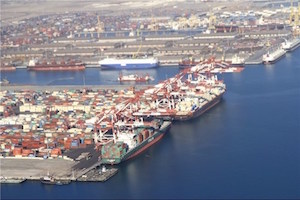
Will the Lapis Lazuli Railway Corridor Finally End Afghanistan's Isolation?
By John C. K. Daly
December 1, 2017, the CACI Analyst
On November 15 during the 7th Regional Economic Cooperation Conference on Afghanistan (RECCA-VII) in Ashgabat Turkey, Afghanistan, Turkmenistan, Azerbaijan and Georgia signed an agreement providing for a major international trade and transport corridor stretching from Turkey to Afghanistan via the post-Soviet Central Asian republics, named the “Lapis Lazuli Corridor.” While many practical problems remain, the development and operation of such a railway corridor has enormous implications for the countries along its route, particularly Afghanistan.
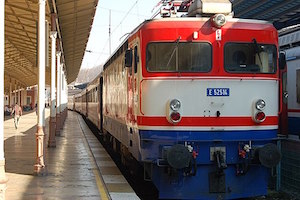
Are We Seeing the Beginning of ISIS-Taliban Collaboration in Afghanistan?
By Sudha Ramachandran
November 13, 2017, the CACI Analyst
The attack at Mirza Olang village in Sayad district of Afghanistan’s Sar-e Pul Province on August 5 is reported to have been a joint operation by the Taliban and the Islamic State of Khorasan Province (ISKP), the local branch of the terrorist organization known as the Islamic State of Iraq and Syria (ISIS) (Khorasan is an old name for the region that includes parts of present-day Afghanistan, Pakistan, Iran and Central Asia). If the Taliban and ISKP did indeed join forces to carry out the attack, this is bad news for the Afghan government and people. However, given the huge differences and tense relations between the two armed groups, cooperation, if any, is likely to be local, tactical and short-lived.
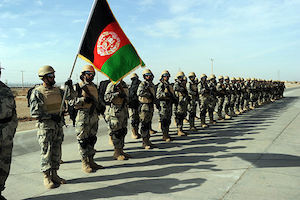
Afghanistan's Mineral Deposits Again Attract International Interest, Unrest and Smuggling
By John C. K. Daly
September 27, 2017, the CACI Analyst
On August 22, after nearly 16 years of war in Afghanistan, U.S. President Donald Trump announced his intention to increase the U.S. military presence there, extending the longest war in U.S. history and adding billions more dollars to its cost, now estimated to over US$ 1 trillion since 2001. In searching for revenue streams to support this outlay an idea that has been around for more than a decade is being revived: exploiting Afghanistan’s rich, underused mineral wealth. Despite the extent of the country’s mineral deposits being well known, many impediments remain to their development despite international interest.
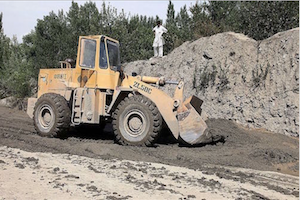
China's Peacemaking Between Pakistan and Afghanistan
By Sudha Ramachandran
September 7, 2017, the CACI Analyst
With its shuttle diplomacy between Pakistan and Afghanistan to ease tensions between the two neighbors, China has expanded its peacemaking role in the Afghan conflict. Successful peacemaking is vital for ensuring stability in the region, which in turn is needed to secure the future of China’s Belt and Road Initiative. It will require Beijing to move beyond offering Kabul and Islamabad economic incentives to address the core issue underlying Afghanistan-Pakistan estrangement: alleged support to acts of terror directed against each other. Given its own strong interests in undertaking peacemaking, can China be an honest broker?
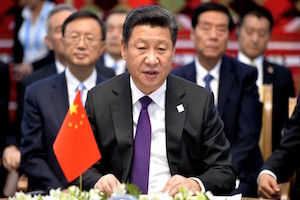





 Book S. Frederick Starr and Svante E. Cornell,
Book S. Frederick Starr and Svante E. Cornell,